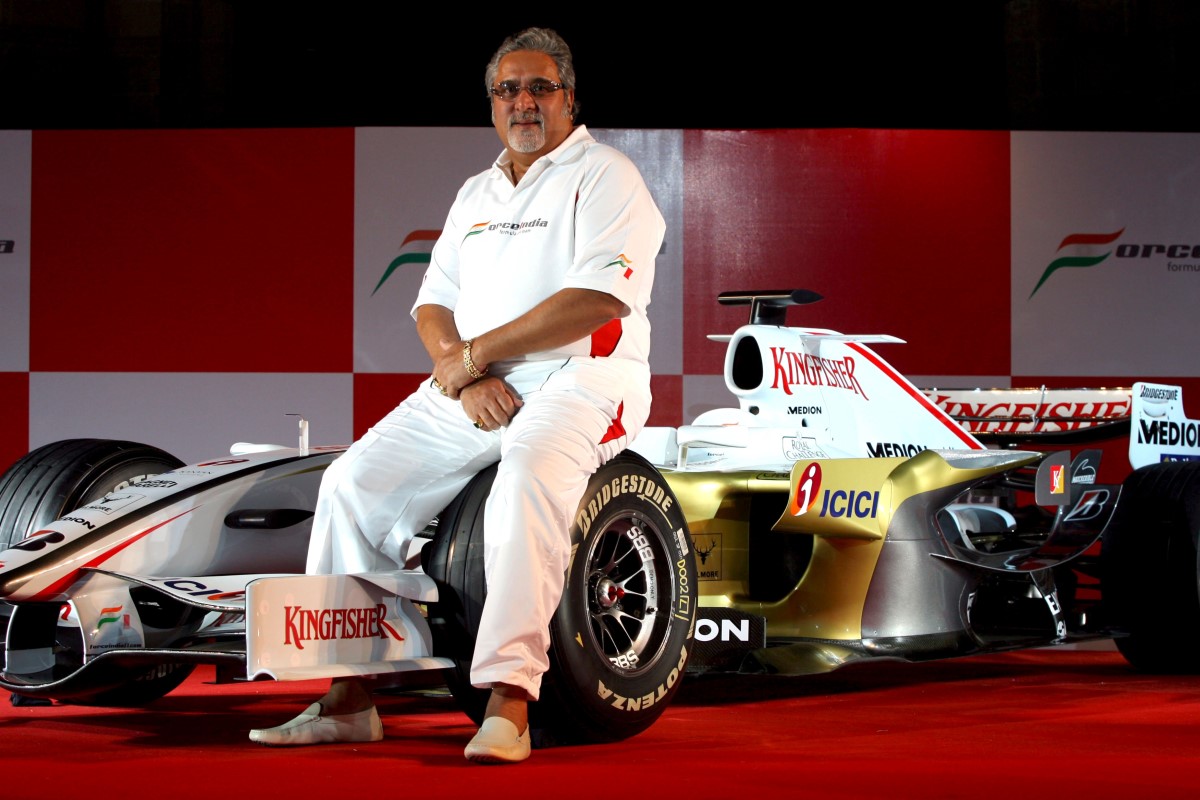Force India boss falling on hard times
 |
| Vijay Mallya's Formula One team helped him cultivate an image as India's 'king of good times.' Now that times are tough, he's looking to cede part of his liquor kingdom to Diageo. |
Vijay Mallya's United Spirits Ltd. and Kingfisher Airlines Ltd. have made him one of India's wealthiest and most-recognized businessmen — an image he cultivates with a Formula One auto-racing team, parties with Bollywood actors and liberal use of his nickname. Yet this week, with his airline logging millions of dollars in losses and United Spirits' liquidity dropping sharply, Mr. Mallya and his partners put some of their own shares on the line to keep both businesses afloat.
Now, in a risky maneuver, Mr. Mallya is looking to cede a major portion of his liquor kingdom to a rival: Britain's Diageo PLC. While a deal could extend Mr. Mallya's reach and help him tighten his grip on India's liquor industry, it also could make him vulnerable to an internal threat from a well-heeled foreign competitor.
Diageo and Mr. Mallya (pronounced MAHL-yuh) have been discussing a deal in which the world's largest spirits maker by sales could buy anywhere from 14% to 35% of Bangalore-based United Spirits, a person familiar with the talks says. Based on United Spirits' current market capitalization, a 35% stake would be valued at about $430 million.
Diageo Chief Executive Paul Walsh said reports that a deal is close are "very, very premature." But Diageo recently raised money on the bond market and could easily fund the investment, he said at news conference last week. "We have got a lot of cash," he said. "We have a desire to increase our footprint in India."
A United Spirits deal would bring Diageo greater access to a potentially vast market: India has the most whiskey drinkers of any country in the world. Diageo manufactures Smirnoff vodka and other spirits in India. A deal with United Spirits could propel Diageo's Indian sales by increasing the number of bars and stores where its spirits are sold, analysts say. More at Wall Street Journal
